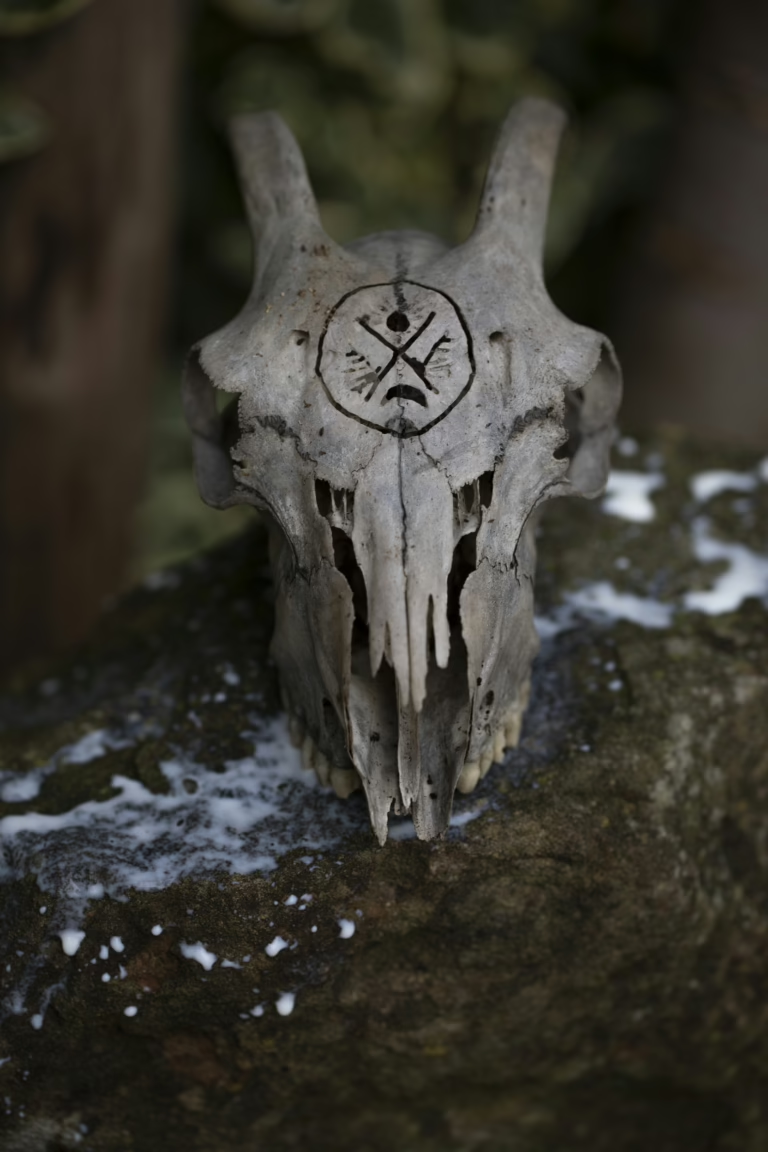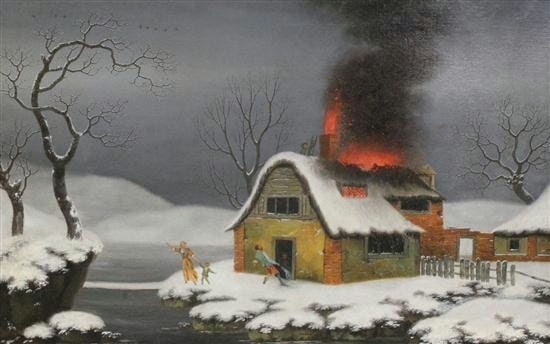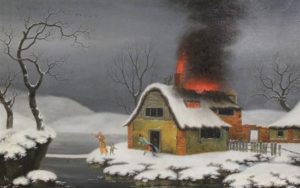
Newsletter Subscribe
Enter your email address below and subscribe to our newsletter

Enter your email address below and subscribe to our newsletter


Exploring Scottish Folk Practices and Traditions

On my travels through both life, herbalism and academia I have the pleasure of meeting a lot of people, on the whole everyone is delightful, down to earth, filled with wit and mirth, splashes of brilliance and amazing to be around, but there is on occasion, a time when you meet someone who makes such haughty claims to things mundane, that i just can't help to ...
On my travels through both general life, pagan circles, herbalism and academia I have the pleasure of meeting a lot of people. On the whole everyone is delightful, down to earth, filled with wit and mirth, splashes of brilliance and amazing to be around. There is on occasion, a time when you meet someone who makes such haughty claims to things mundane, I just can’t help but smile. This can happen in all walks of life but especially in the pagan and academic community. Such titles of “Keeper of the Stones”, “Godspouse of Odin” or “High Priestess of the Barrow” I have encountered others in the academic community that will list to you their involvement with different “key-groups” as if they invented them themselves (and probably the problem they are trying to address along with it) and the alphabet soup after their name. “ARGH”, I inwardly sigh and perhaps a small smile creeps across my face. Why do we need to give ourselves such titles ? Are we that deeply insecure that we need these titles to boost our own self-importance? Why be such a clever apprentice? What does it say about our selves if this is how we first introduce ourselves to people…I wonder at times about the sanity of folks and the need to hide behind such inflated nonsense.
Well, when I’m met with things like this, I tend to look to the folk tales to see how people have dealt with it in the past, there’s always a good tale, especially Scottish ones that have, mostly, amusing endings. So id like to share with you a story of the Clever Apprentice (or as I like to call it, “The Downfall of a Pretentious Man” or “The Master that Gave Strange Names to Things”).

A shoemaker once engaged an apprentice. A short time after the apprenticeship began the shoemaker asked the boy what he would call him in addressing him.
“Oh, I would just call you master,” answered the apprentice.
“No,” said the master, “you must call me master above all masters.”
Continued the shoemaker, “What would you call my trousers?”
Apprentice: “Oh, I would call them trousers.”
Shoemaker: “No, you must call them struntifers. And what would you call my wife?”
Apprentice: “Oh, I would call her mistress.”
Shoemaker: “No, you must call her the Fair Lady Permoumadam. And what would you call my son?”
Apprentice: “Oh, I would call him Johnny.”
Shoemaker: “No, you must call him John the Great. And what would you call the cat?”
Apprentice: “Oh, I would call him pussy.”
Shoemaker: “No, you must call him Great Carle Gropus. And what would you call the fire?”
Apprentice: “Oh, I would call it fire.”
Shoemaker: “No, you must call it Fire Evangelist. And what would you call the peat stack?”
Apprentice: “Oh, I would just call it peat stack.”
Shoemaker: “No, you must call it Mount Potago. And what would you call the well?”
Apprentice: “Oh, I would call it well.”
Shoemaker: “No, you must call it the Fair Fountain. And, last of all, what would you call the house?”
Apprentice: “Oh, I would call it house.”
Shoemaker: “No, you must call it the Castle of Mungo.”
The shoemaker, after giving this lesson to his apprentice, told him that the first day he had occasion to use all these words at once, and was able to do so without making a mistake, the apprenticeship would be at an end.
The apprentice was not long in making an occasion for using the words. One morning he got out of bed before his master and lighted the fire. He then tied some bits of paper to the tail of the cat and threw the animal into the fire. The cat ran out with the papers all in a blaze, landed in the peat stack, which caught fire.
The apprentice hurried to his master and cried out, “Master above all masters, start-up and jump into your struntifers, and call upon Sir John the Great and the Fair Lady Permoumadam, for Carle Gropus has caught hold of Fire Evangelist, and he is out to Mount Potago, and if you don’t get help from the Fair Fountain, the whole of Castle Mungo will be burned to the ground.”
References: